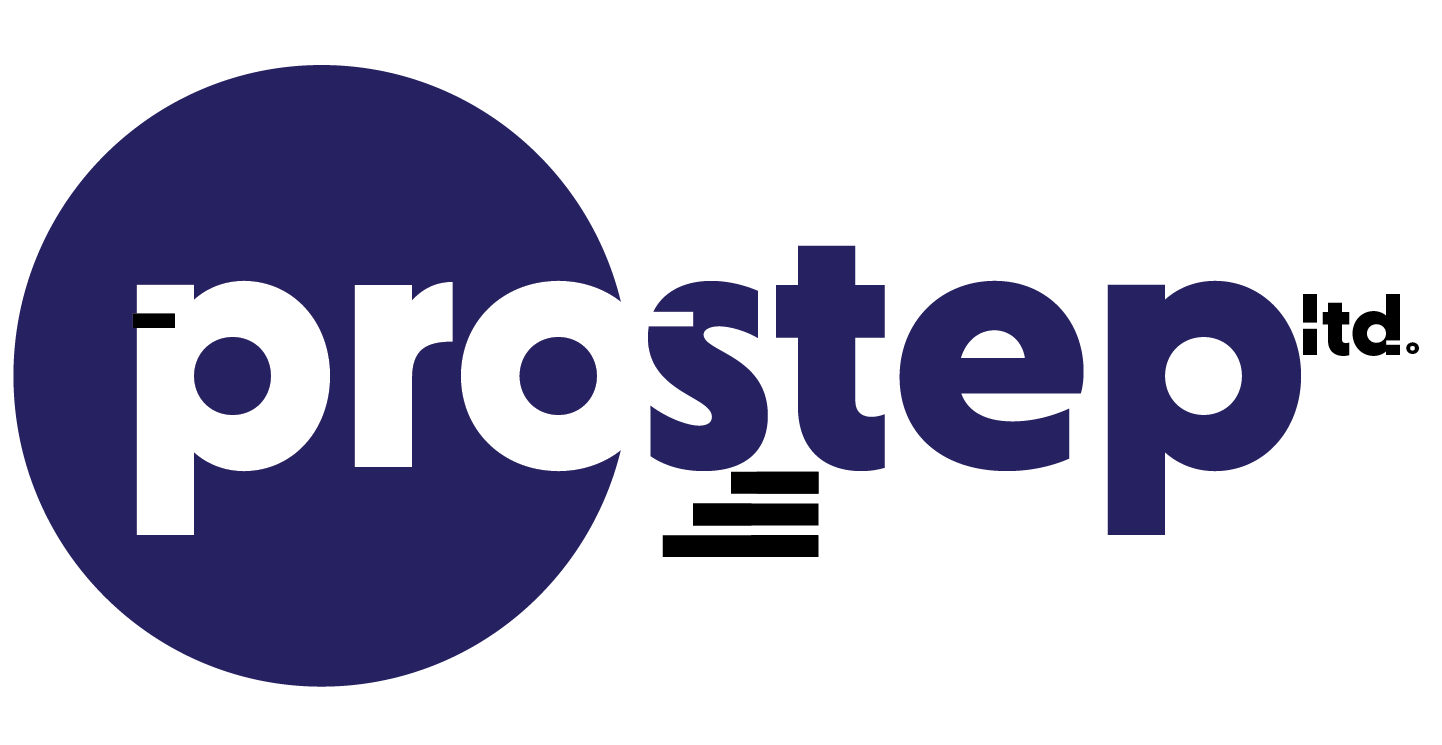In today’s digital landscape, having an online payment gateway is crucial for businesses looking to accept payments securely and efficiently online. Whether you operate an e-commerce store or provide digital services, incorporating a payment gateway into your website or mobile app enables you to process customer payments smoothly. So, what is a payment gateway, and how does it function? In this blog, we’ll explore the fundamentals of payment gateways, guide you through the setup process, and examine the various payment methods you can offer your customers.
What is a payment gateway?
A payment gateway is an online service that enables secure transactions between a customer and a business. When a customer makes a purchase on your website or mobile app, the payment gateway handles the payment by securely transmitting the payment information between the customer’s bank and your business account.
How it works?
Customer Payment: The customer enters their payment information (such as credit card details) into your website or app.
Authorization: The payment gateway communicates with the customer’s bank or card issuer to authorize the transaction.
Approval or Rejection: If the details are correct and the customer has sufficient funds, the payment is approved. If not, payment is refused.
Transaction Confirmation: Once approved, the payment gateway sends a confirmation to the customer and the business.
Types of payment methods by payment gateway
There are several types of payment methods that you can accept through online payment. The most common ones are:
1. Credit/debit card payments
Credit Cards: Major credit cards such as Visa, MasterCard and American Express.
Debit Cards: Bank-issued debit cards that deduct funds directly from a customer’s account.
2. Pure banking
Customers can pay directly from their bank accounts using Pure Banking. It is particularly popular in countries like India.
3. Digital wallet
Services like Paytm, Google Pay, PhonePe and Apple Pay allow customers to pay using wallet balances, which can be topped up with linked bank accounts or credit cards
4. UPI (Unified Payment Interface) .
UPI allows for real-time, direct bank payments using platforms like Google Pay, PhonePe and BHIM. It’s fast, safe and very popular in India.
5. Bank transfers
Customers can transfer funds directly from their bank to yours. This is safe but the procedure can take longer than other methods.
6. Cash on Delivery (COD) .
Although there is no direct online payment method, COD allows customers to pay in cash when the product is delivered. Some online stores offer this option.
7. Cryptocurrency payments
Some advanced payment gateways allow businesses to accept cryptocurrency payments such as Bitcoin, Ethereum, etc. This is a growing trend in certain markets.

Popular payment gateway provider
Popular payment gateway provider
Here are some popular payment gateway providers that you can choose from, depending on your business’s geographic location and needs:
1. Razorpay
RazorPay is an Indian payment gateway that offers a wide range of payment options, including credit/debit cards, UPI, wallets, and more. It’s known for its developer-friendly integration and robust security features.
2. Paytm
Paytm is one of the most popular digital wallets in India, and it also provides a payment gateway for businesses. It supports card payments, UPI, wallet and pure banking.
3. Instamojo
Instamojo is perfect for small businesses and startups, offering a simple and user-friendly payment gateway solution. It offers features like easy integration and instant payment collection.
4. Stripe
Stripe is an international payment gateway provider known for its comprehensive API, which is perfect for developers. It supports credit cards, Apple Pay, Google Pay, and a range of other payment methods.
5. PayPal
PayPal is a globally recognized payment provider that offers an easy way to accept online payments. It is ideal for international businesses and supports credit cards, debit cards and PayPal accounts.
"In the digital age, a trusted payment gateway is the bridge between your business and customers, ensuring secure, seamless transactions that drive trust and growth."
Conclusion
Payment gateways are an important tool for any business that wants to accept payments online. By integrating a reliable and secure payment gateway into your website or app, you can provide your customers with a smooth and secure payment experience. Whether you choose traditional payment methods like credit cards or modern solutions like UPI or digital wallets, there is a payment option for every business type and customer preference
Setting up a payment gateway is easy, and with so many providers to choose from, you can choose the one that suits your business needs. So, get started today and make online payments hassle-free for your customers!





Companies often neglect to have written standards and policies around their cybersecurity. Why? Because dozens of them are usually needed, covering everything from equipment management to backup procedures, admin credentialing, remote work policies, and so much more. But it’s well worth the effort.